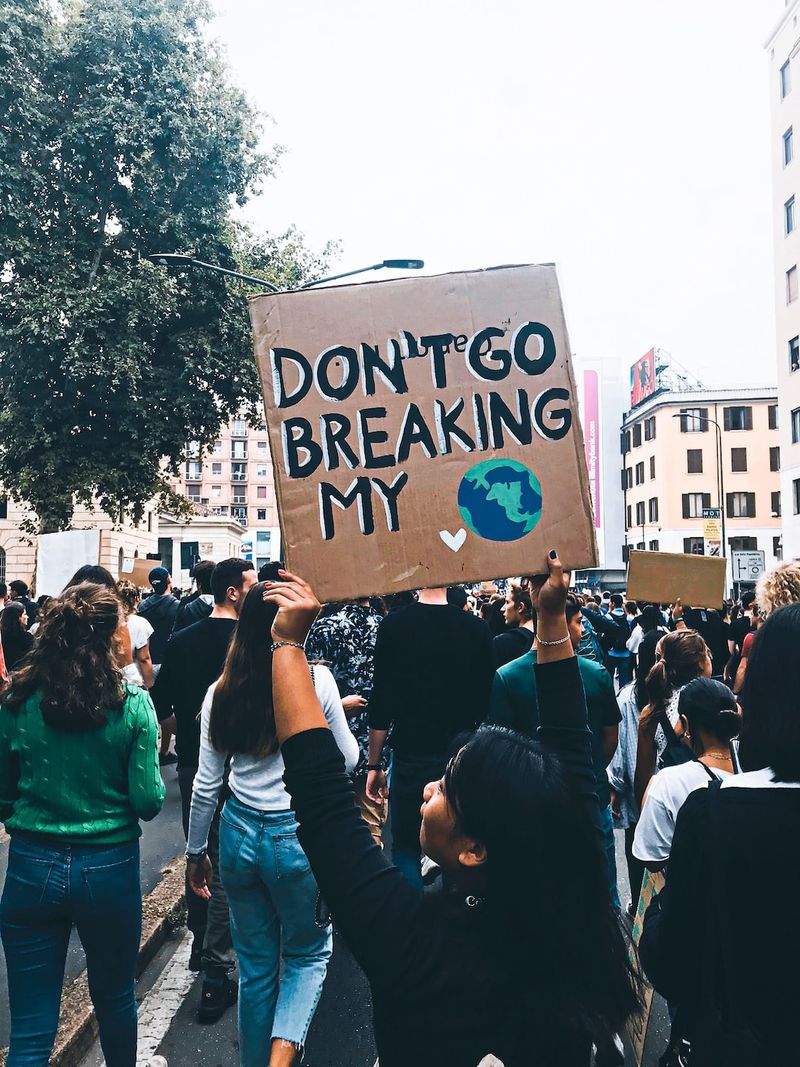Table of Contents
Kenyan Authorities Threaten Protesters with Violence, Ignite Political Tension
Introduction
In recent weeks, senior Kenyan government officials have escalated tensions by responding to the resumption of protests from the opposition coalition, Azimio, with threats and hostile rhetoric. Kenyan authorities must curb this dangerous discourse, respect citizens’ rights to assembly and peaceful protest, and hold police accountable for any abuses during demonstrations. The escalating crackdown on protests and the failure to address grievances related to the 2022 presidential election are exacerbating political divisions and undermining Kenya‘s democratic progress.
Background
The Azimio coalition initially called for antigovernment protests between March and May to address the rising cost of living and concerns regarding the August 2022 presidential election. After suspending protests to engage in talks with the government, the coalition has now resumed street demonstrations since July 7, 2023. The government’s response to these protests has been deeply concerning, with senior officials resorting to inflammatory language and threats of violence.
Threats and Hostile Rhetoric
On July 14, the trade cabinet secretary, Moses Kuria, publicly predicted the death of Raila Odinga, the former presidential candidate and Azimio leader, on July 19, the day the protests are slated to resume. This appalling statement not only fosters an atmosphere of hostility but also undermines the right to life and safety for all individuals, regardless of their political opinions. Such rhetoric is completely unacceptable and has no place in a democratic society.
Furthermore, the interior cabinet secretary, Kindiki Kithure, warned on the same day that there is no right to “riot and destroy property,” explicitly threatening those planning to participate in the protests. President William Ruto also condemned the protests as lawlessness and warned that the government would mobilize every available resource to protect the interests and lives of Kenyans.
Police Response and Excessive Force
Since the protests began in March, the police have used excessive force, including live bullets, against demonstrators. This heavy-handed approach has resulted in multiple deaths and injuries. In May, Human Rights Watch and Amnesty International Kenya documented the killing of at least 16 people by the police during protests. These incidents have not been properly investigated, and victims’ families have been denied justice.
In addition to the use of excessive force, there have been allegations that some senior government officials have hired armed gangs to attack protesters and destroy property. The failure of the authorities to investigate these claims undermines trust in the government’s commitment to upholding the rule of law.
The Right to Peaceful Protest
It is crucial to recognize that the right to peaceful assembly and protest is protected under both Kenyan law and international human rights law. Kenyan authorities have a responsibility to respect and uphold these rights, rather than criminalizing peaceful demonstrations.
Under Kenyan and international law, protest organizers are only required to inform the police of their planned protests to ensure the necessary security support. Permission from police or other government officials is not needed for citizens to exercise their right to peaceful protest. Therefore, the government’s attempts to suppress the protests through threats, rhetoric, and arrests of protesters for charges of illegal assembly and destruction of property are fundamentally unjust and undemocratic.
Recommendations
The Kenyan government must take immediate action to deescalate tensions and address the concerns raised by the opposition coalition and protesters. The following recommendations should be considered:
1. End Hostile Rhetoric: Senior government officials should refrain from making inflammatory statements and instead promote dialogue and peaceful resolution of the ongoing political crisis.
2. Hold Police Accountable: Conduct thorough and impartial investigations into allegations of police abuses during protests since March. Any officers found responsible for human rights violations must be held accountable for their actions.
3. Respect the Right to Peaceful Protest: Kenyan authorities should ensure that citizens’ right to assembly and peaceful protest is protected, in line with both Kenyan and international law. Measures that appear to criminalize or suppress this right should be avoided.
4. Engage in Meaningful Dialogue: Both the government and the opposition should resume talks in good faith to address the grievances raised by the opposition coalition and find a peaceful resolution to the ongoing political tensions.
5. Protect Freedom of Expression: Safeguard the rights of individuals to freely express their opinions, both online and offline, without fear of reprisals or intimidation.
Conclusion
The threats and hostile rhetoric from senior Kenyan government officials in response to the resumption of protests are deeply concerning. The government must prioritize the protection of citizens’ rights, including the right to peacefully assemble and protest. By curtailing their rhetoric, holding police accountable, and engaging in meaningful dialogue, Kenyan authorities can take steps toward resolving the current political crisis and ensuring the preservation of democracy and human rights in the country.

<< photo by Francesca Di Pasqua >>
The image is for illustrative purposes only and does not depict the actual situation.
You might want to read !
- Iraq’s Draft Laws: Undermining Freedom of Expression and Peaceful Assembly
- Without resources, can there truly be rights?
- Norway’s Move Against Invasive Advertising: A Victory for Privacy Rights
- France’s Nahel Shooting: Addressing Police Firearms Rules and Systemic Racism in Law Enforcement
- Viet Nam’s Suppression of Dissent: Calls for the Immediate Release of Wrongfully Sentenced Activist
- Vietnam’s Refusal to Release Land Rights Activist Threatens Human Rights Progress
- Breaking the Silence: Confronting Sexual Abuse in Malian Girls’ Sports
- The Urgency of Addressing the Climate Crisis: Navigating Through an Unprecedented Environmental Turmoil